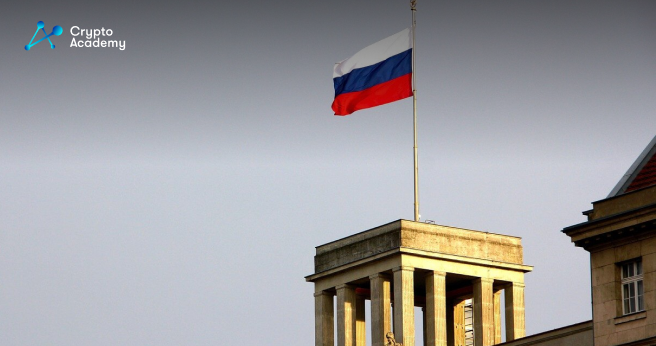OKX and Bybit remove Tinkoff Bank and Sberbank from payment options, following Binance’s lead, amid international sanctions.
In a recent development, OKX and Bybit have joined Binance in ceasing their support for certain Russian banks facing international financial sanctions. The exclusion notably affects Tinkoff Bank and Sberbank, which have been removed from the list of available banks for peer-to-peer (P2P) transactions on these platforms.
Local Russian users who hold accounts with Tinkoff Bank or Sberbank will now find it impossible to exchange fiat money for cryptocurrency through the P2P platforms of these exchanges. Interestingly, no official confirmation has come from either OKX or Bybit regarding this decision.
This move follows close scrutiny from the media, especially after a recent Wall Street Journal article highlighted that Binance was offering Tinkoff Bank and Sberbank as transfer options. As of August 24, Binance removed these banks from its P2P platform, initially only taking down their brand-color-coded “yellow” and “green” options and later removing them completely. The withdrawal of these banking options by Binance prompted other exchanges, including OKX and Bybit, to follow suit.
Exceptions and Loopholes in Compliance
At the time of writing, OKX continues to offer fiat transfers to Russian accounts held with Raiffeisen Bank and Russian Standard Bank. These institutions are not on the United States Treasury’s list of sanctioned entities. However, the recent changes raise questions about the extent of regulatory compliance by these exchanges, especially when Cointelegraph discovered that some Binance P2P users are still creating sales ads that prefer “the green bank” as their payment method.
Similar incidents have reportedly occurred on OKX and Bybit as well, where some sellers are still secretly offering the option to transact via the sanctioned banks in private communications. These practices indicate that although the platforms have taken public steps to comply with sanctions, loopholes exist that allow for transactions through banned financial institutions.

